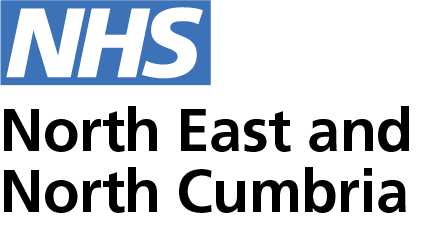NHS North East and North Cumbria Integrated Care Board and your GP use patient data to provide personalised care and improve services.
Your data is used to plan health and care services for the local area, as well as help your GP provide better personalised care. This process is called risk stratification.
In the North East and North Cumbria, we take part in two types of risk stratification:
- Risk stratification for case finding
- Risk stratification for commissioning
In both cases, risk stratification tools use patient data, such as age, gender, diagnoses, hospital attendance, and admissions, which is collected by NHS England from NHS hospitals and community care services. This is then linked to data from GP practices and analysed.
If you don’t want your data to be used in this way, you can opt out but need to be aware that this can affect the proactive provision of your care.
GPs use this method to spot and support patients with long-term conditions. It can help to prevent unexpected hospital visits or lower the chance of getting other diseases. Only the GP practice can see individual data that identifies a person.
- How it works: Your GP will use computer-based algorithms or calculations to find registered patients who are at most risk.
- Routine process: Your GP will do this on a routine basis. It will be done electronically without human intervention and will produce a report that will be reviewed by a multidisciplinary team of staff at your practice. You might then be contacted if changes to your care are identified.
This method is used by NHS North East and North Cumbria Integrated Care Board to plan and commission health services to meet the needs of the population.
When information is used to plan services, NHS staff look at pooled information from lots of people to see what it tells them about different trends in health. This information is anonymous and cannot identify an individual.
There is Section 251 approval from the Secretary of State for Health and Social Care, through the Confidentiality Advisory Group (CAG) of the Health Research Authority, which means your GP can process your data in line with having specific technical and security measures in place.
If you are happy for your data to be used in this way, you don’t need to do anything.
However, if you don’t want your data included, you can choose to opt out by contacting your GP practice directly. Your records will be updated to make sure your information is not included.
Patient data is used to provide personalised care and improve services. This might include:
- Age
- Gender
- Medication/Treatments
- Diagnoses
- Long-term condition(s)
- Hospital attendance (out-patient)
- Admissions
Patients have been asked their views about how the local NHS uses data to personalise and improve health services.
The survey is now closed, but if you would like to give any comments, you can email necsu.icb.involvement@nhs.net
